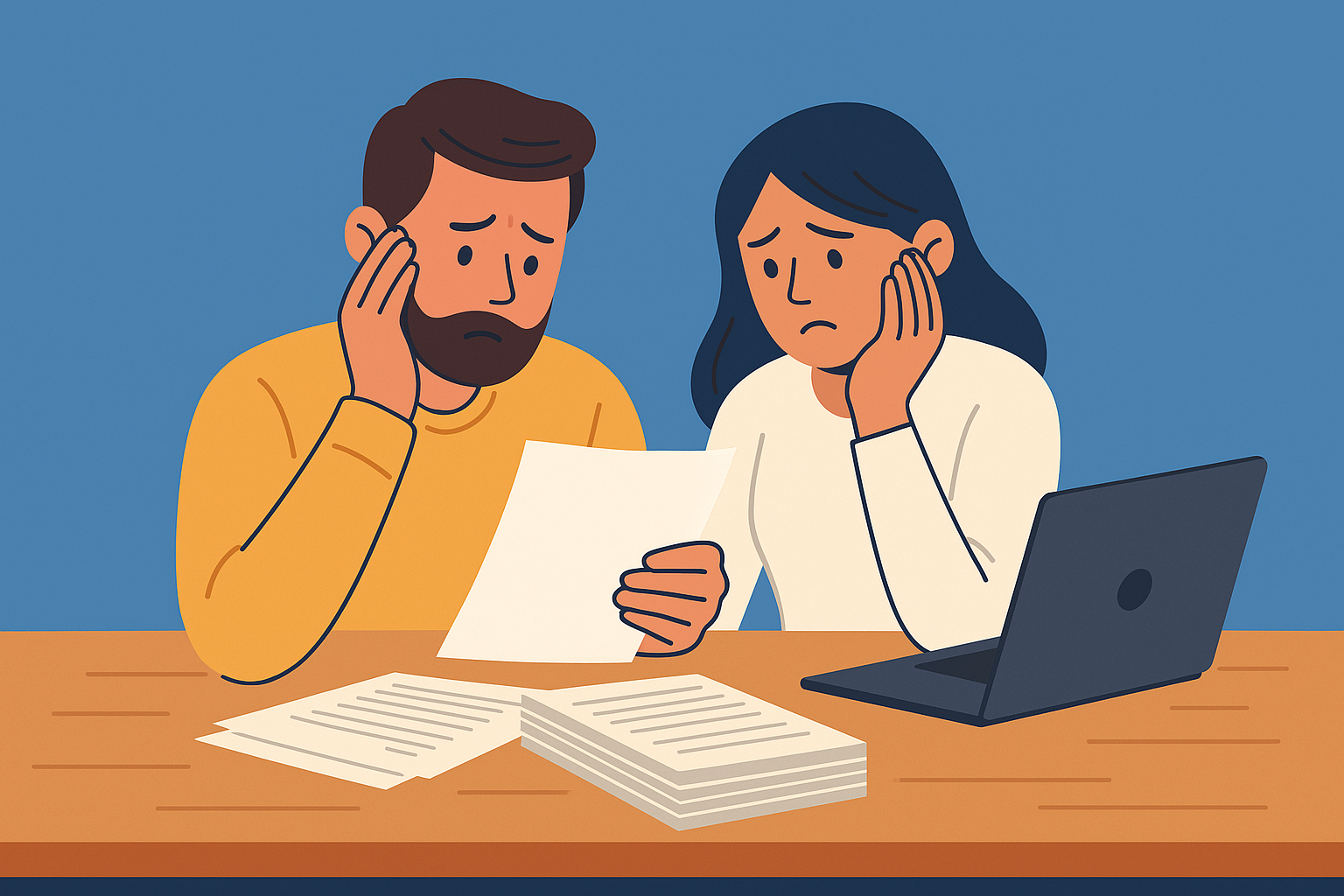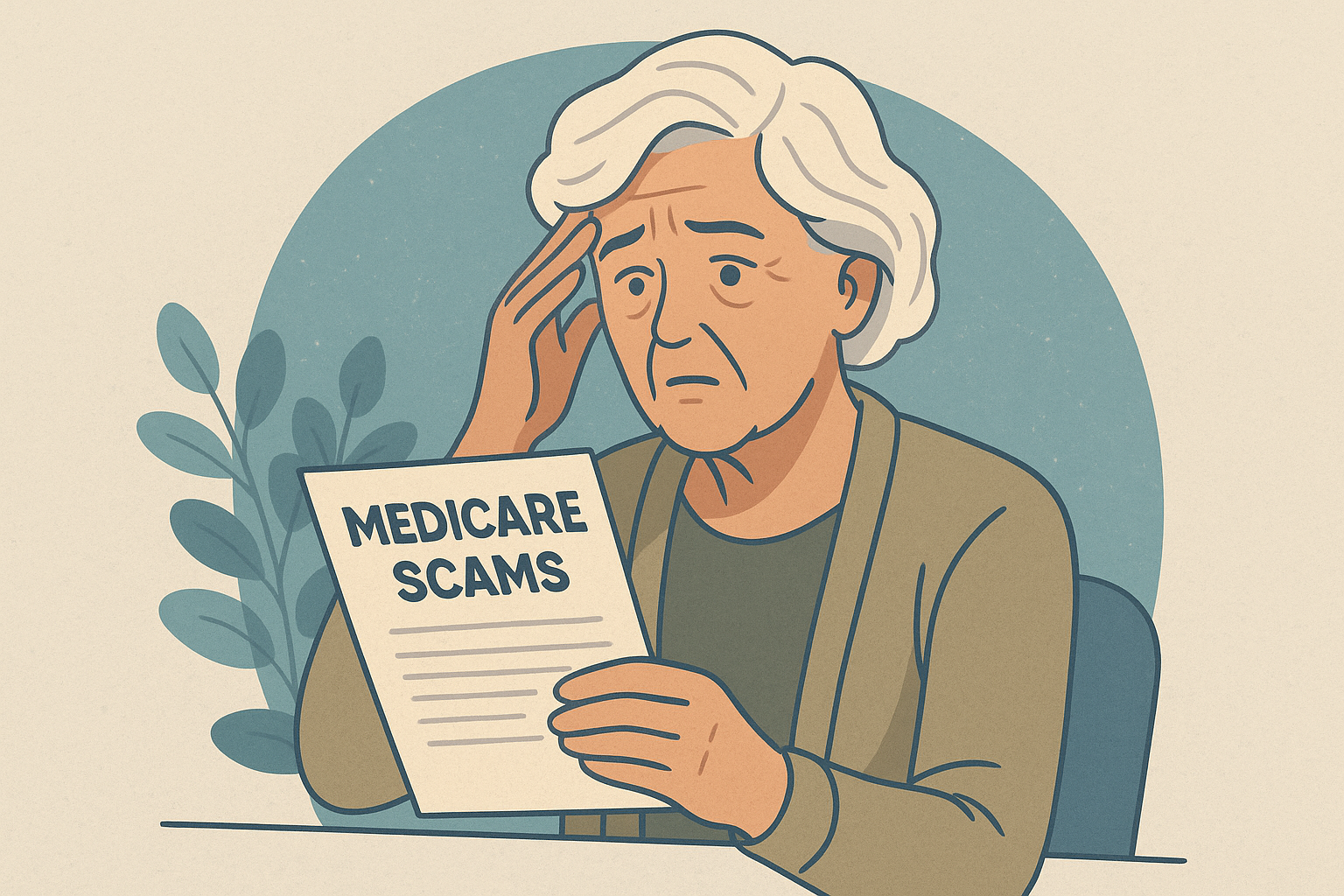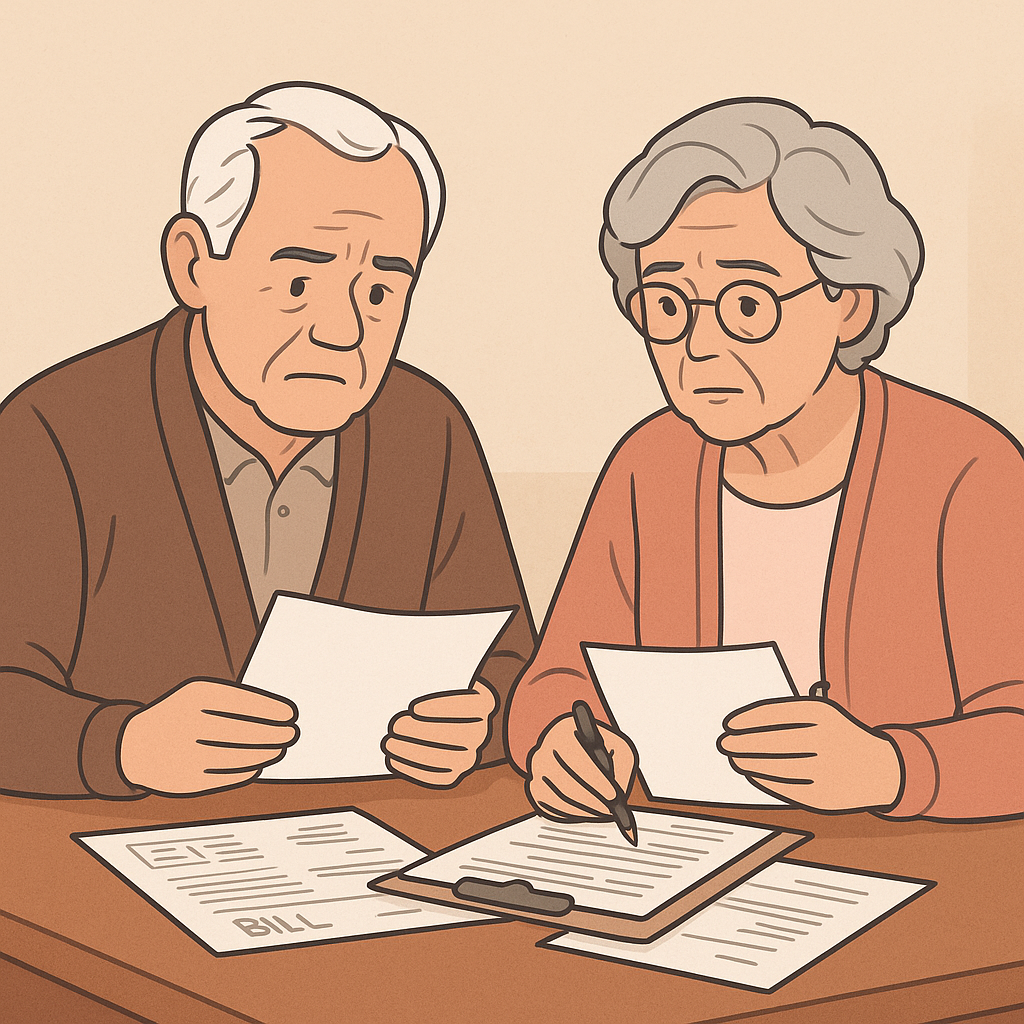A health insurance claim denial occurs when your insurer refuses to pay for a medical service or treatment, either after care is received or during preauthorization.
According to KFF data, almost one in five insured adults experienced a claim denial in the past year. Denials are more common in private insurance (Marketplace or employer-provided) than in public plans like Medicare or Medicaid. Learn more about the appeal process at HealthCare.gov.
If this happens to you, don’t panic. Understanding the reasons behind a health insurance claim denial—and how to respond—can help you avoid costly surprises and get the care you need.
Why Do Insurers Deny Claims?
There are many reasons a health insurance claim denial might occur. Some are simple clerical issues, while others involve deeper problems with plan coverage or authorization.
Common Reasons for Health Insurance Denials:
Paperwork Errors or Mix-Ups
For example, your provider’s office might submit a claim with the wrong patient name, birthdate, or insurance ID number. These simple clerical errors are one of the most common causes of claim denials and can often be corrected easily.
Medical Necessity Questions
The insurer may believe the service isn’t medically necessary—or they haven’t received enough info to justify it. If the insurer does not see sufficient documentation from your doctor explaining the need for a specific treatment, they may deny the claim. It is essential that your healthcare provider provides detailed information on why the treatment is necessary.
Cost Control Measures
You may be required to try a less expensive option before receiving approval for a higher-cost treatment (known as step therapy). For example, if you request a brand-name drug, your insurer may ask that you try the generic version first. If the cheaper option fails to provide the desired results, they may approve the more expensive treatment.
Non-Covered Services
Some services—like cosmetic procedures or fertility treatments—may not be included in your plan’s covered benefits. If your insurance plan specifically excludes a type of care, you may face a denial. It’s important to check your plan’s exclusions before seeking treatments.
Out-of-Network Providers
If you see a provider outside your plan’s network, your insurer may deny the claim or pay less, leading to surprise billing. Even if the care is necessary, your insurer may limit or deny coverage if the healthcare provider is not part of their network.
Missing Clinical Information
If the claim doesn’t explain why a service was needed (e.g., no documentation for a foot MRI), the insurer may reject it. It’s essential to ensure that your healthcare provider submits all necessary medical documentation to avoid unnecessary claim denials.
Failure to Follow Plan Rules
Receiving care without required preauthorization—even for something necessary—can result in denial. Some plans require approval before certain medical treatments or medications are provided. If you skip this step, your insurer may deny your claim.
One of the most frustrating causes of a health insurance claim denial is a paperwork error that could have easily been prevented. Always double-check details with your provider before services are rendered.
Want to understand how billing works from the start? Check out our guide on what is medical billing.
How to Respond to a Health Insurance Claim Denial
Appealing a health insurance claim denial may feel intimidating, but most insurers are required to provide a clear process for appeal under federal law. Here’s what to do:
Review the denial notice carefully – It will tell you why the claim was denied and how to appeal.
Gather supporting documentation – Ask your provider for medical notes, test results, or letters of medical necessity. Providing your insurer with clear evidence that the service was needed can make a huge difference.
Follow your insurer’s appeal process – This usually involves submitting a written request within a specific timeframe. Be sure to follow the timeline carefully, as missing deadlines may result in the denial being upheld.
Keep detailed records – Write down who you speak with, when, and what was said during each call. Keeping thorough documentation will help you track the process and ensure you don’t miss any critical steps.
Request an external review if needed – If your internal appeal is denied, you may have the right to a third-party review. An external review is usually done by a government agency or independent party.
Your provider may assist you during the appeal, especially if they believe the service was medically necessary and appropriately documented. In many cases, they may even submit additional documentation or communicate directly with the insurer.
Appealing a denial isn’t just possible—it’s often successful. But you must act quickly and follow the steps exactly as your plan requires.
Summary
A health insurance claim denial can result from many different issues: paperwork mistakes, lack of documentation, non-covered services, or failure to follow plan rules. The good news? Many denials can be reversed.
If you receive a denial, review the reason, prepare your appeal, and ask your provider’s office for support. Persistence pays off—and you don’t have to accept “no” as the final answer.







